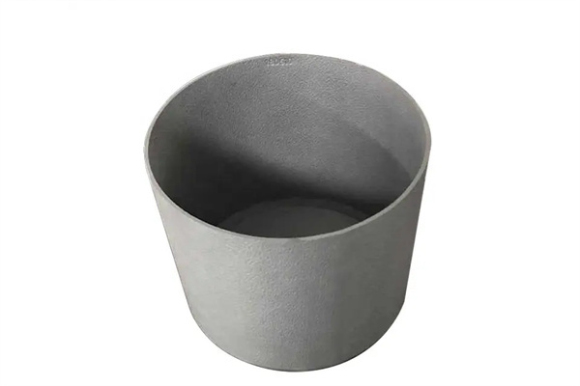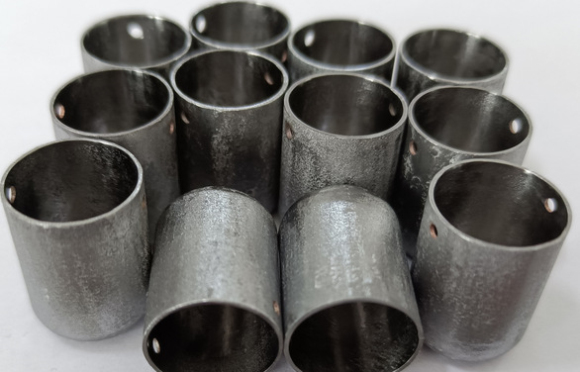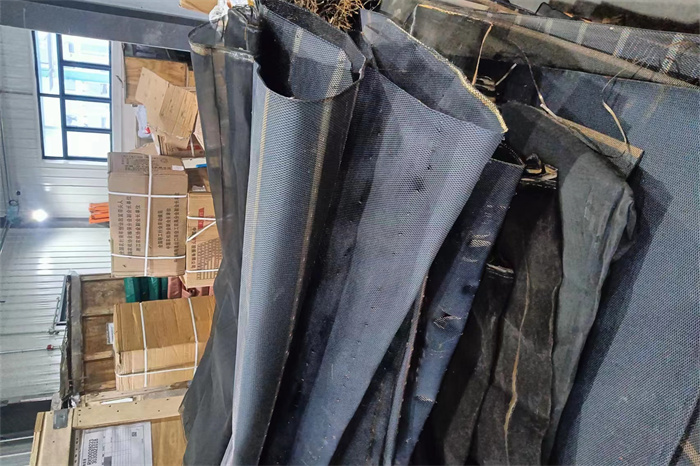What is Iridium and Why is it So Expensive?
Iridium is one of the rarest elements on Earth. With the element symbol Ir, its name derives from the Latin word meaning "rainbow." Iridium occurs at a concentration of about one part per ten million in the Earth's crust and is often found dispersed with the platinum-group elements in various ores within placer and placer-like deposits. What is iridium? Iridium is a by-product of platinum and palladium and is noted for its chemical stability and corrosion resistance, making it the most corrosion-resistant metal. Iridium exhibits extremely high chemical stability against acids and is not prone to corrosion. The soaring price of iridium is primarily attributed to its limited supply. This precious noble metal, iridium, plays a pivotal role in numerous high-tech and industrial sectors due to its unique physical and chemical properties. However, the relatively low production volume of iridium keeps its market supply tight. Meanwhile, with the rapid advancement of technology and the continuous emergence of new applications, the demand for iridium has been increasing annually. This supply-demand imbalance directly results in iridium's market price often exceeding that of gold, making it a standout among noble metals.
This precious noble metal, iridium, plays a pivotal role in numerous high-tech and industrial sectors due to its unique physical and chemical properties. However, the relatively low production volume of iridium keeps its market supply tight. Meanwhile, with the rapid advancement of technology and the continuous emergence of new applications, the demand for iridium has been increasing annually. This supply-demand imbalance directly results in iridium's market price often exceeding that of gold, making it a standout among noble metals. The mining of iridium is challenging due to its difficult geological conditions and the limited natural reserves of this noble metal, leading to a chronic shortage in supply. Mining iridium not only requires overcoming complex geological challenges but also entails high technical and environmental costs, resulting in low mining efficiency and limited production increases. The limited supply, coupled with the sustained growth in demand, creates a significant supply-demand gap, directly driving up the market price of iridium.
The mining of iridium is challenging due to its difficult geological conditions and the limited natural reserves of this noble metal, leading to a chronic shortage in supply. Mining iridium not only requires overcoming complex geological challenges but also entails high technical and environmental costs, resulting in low mining efficiency and limited production increases. The limited supply, coupled with the sustained growth in demand, creates a significant supply-demand gap, directly driving up the market price of iridium. Compared to other noble metals such as gold and silver, the supply of iridium is even more scarce. While gold and silver are precious, their reserves are relatively abundant, and mining technologies are mature, leading to stable production. Iridium, on the other hand, due to its unique physicochemical properties—including an extremely high melting point, excellent corrosion resistance, and outstanding catalytic performance—has widespread applications in high-tech, aerospace, electronics, chemicals, and other sectors. These applications also demand extremely high quality and purity of iridium, further exacerbating the tightness of its supply.
Compared to other noble metals such as gold and silver, the supply of iridium is even more scarce. While gold and silver are precious, their reserves are relatively abundant, and mining technologies are mature, leading to stable production. Iridium, on the other hand, due to its unique physicochemical properties—including an extremely high melting point, excellent corrosion resistance, and outstanding catalytic performance—has widespread applications in high-tech, aerospace, electronics, chemicals, and other sectors. These applications also demand extremely high quality and purity of iridium, further exacerbating the tightness of its supply.






